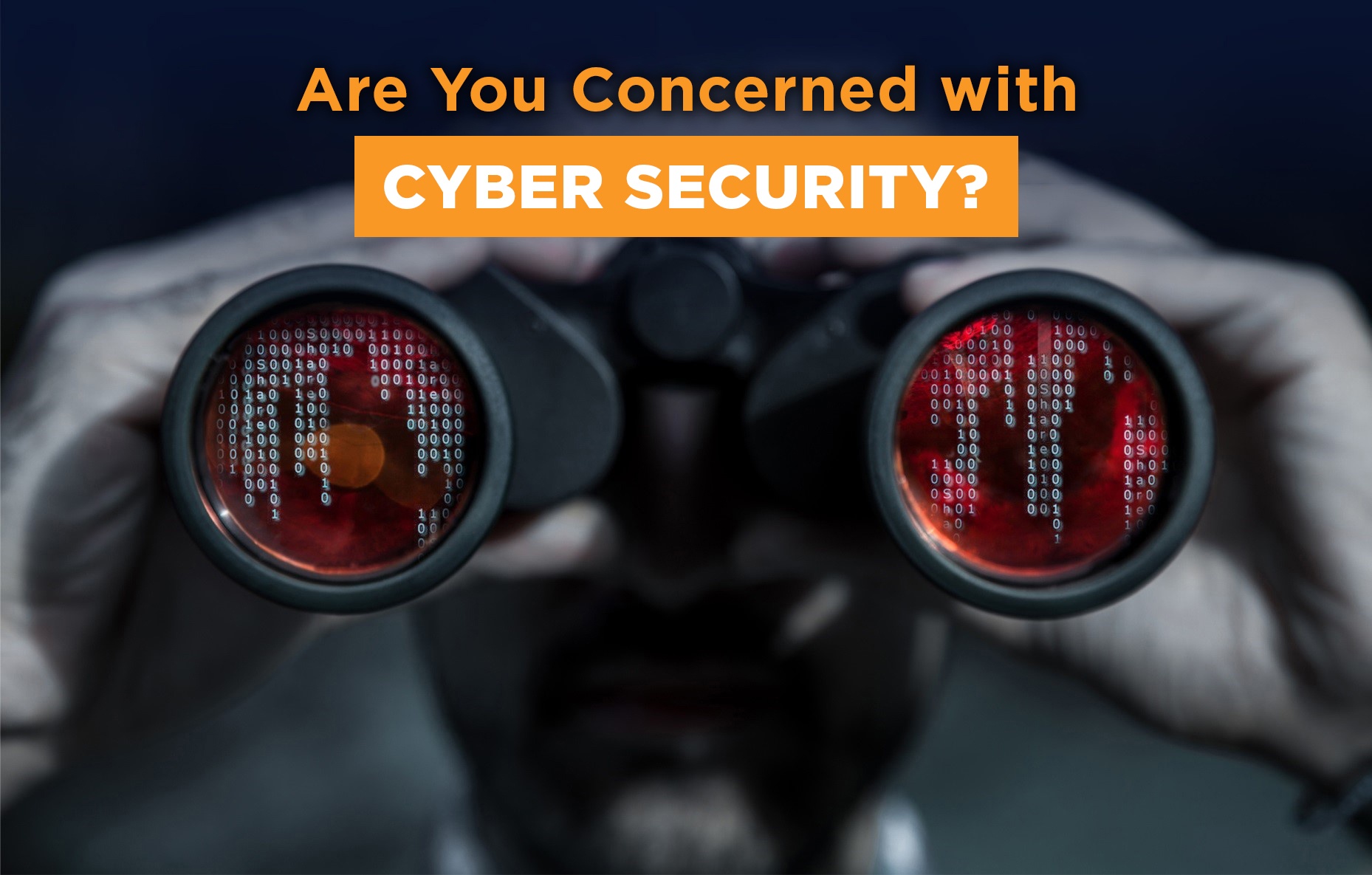
Online security is something that should get everyone’s attention, and you may be wondering if you're protected. Threats exist all around us: ransomware, viruses, spyware, social engineering attacks and more. There’s so much you need to know to keep your personal and business information safe.
But… where do you start?
As trusted cybersecurity professionals, we want to help you get educated and stay informed. That’s why during National Cybersecurity Awareness Month our goal is to give you all the information you need to stay secure. How can we help? We’ll be sharing valuable and timely information on cybersecurity in blogs, in our newsletter, and on all of your favorite social media sites.
What should you do?
You can also give us a call for personalized solutions by subscribing to our exclusive mailing list. Being cybersecurity aware means that you understand what the threats are and take precautions to prevent them.
Here are some important ways to prepare for, respond, and recover from a cyber attack:
Never give out your password. Don’t share it over the phone either. You never know who’s listening.
- Don’t click on links that are sent to you via unsolicited emails or from someone you don’t know.
- Use complex passwords that are difficult to guess and use different ones for different programs and computer devices.
- Don’t reveal your personal, business or financial information in emails.
- Don’t respond to email solicitations.
- Keep software, browsers and operating systems up to date, so they stay free of vulnerabilities.
- Encrypt your files to ensure unauthorized people can’t access them.
- Be careful when using public Wi-Fi networks – don’t conduct sensitive activities like banking or shopping with credit cards on public Wi-Fi.
- Remember your physical surroundings and don’t leave your computer devices unattended in public or easy-to-access areas.
- Only use websites that begin with “https://” when visiting online shopping, banking or other sites where you will be entering your private information.
- Keep your online presence private. Don’t publish your email address online in social network sites.
What to do if you become a victim of cybercrime?
- Report it to the appropriate people in your organization, including your network administrator.
- If you think your financial account was compromised, contact your financial institution immediately and close your account.
- Watch for any unauthorized charges in your bank or credit card accounts.
We hope this helps. Remember, we’ll be posting timely cybersecurity information for you in our Bogs, newsletters and more.
